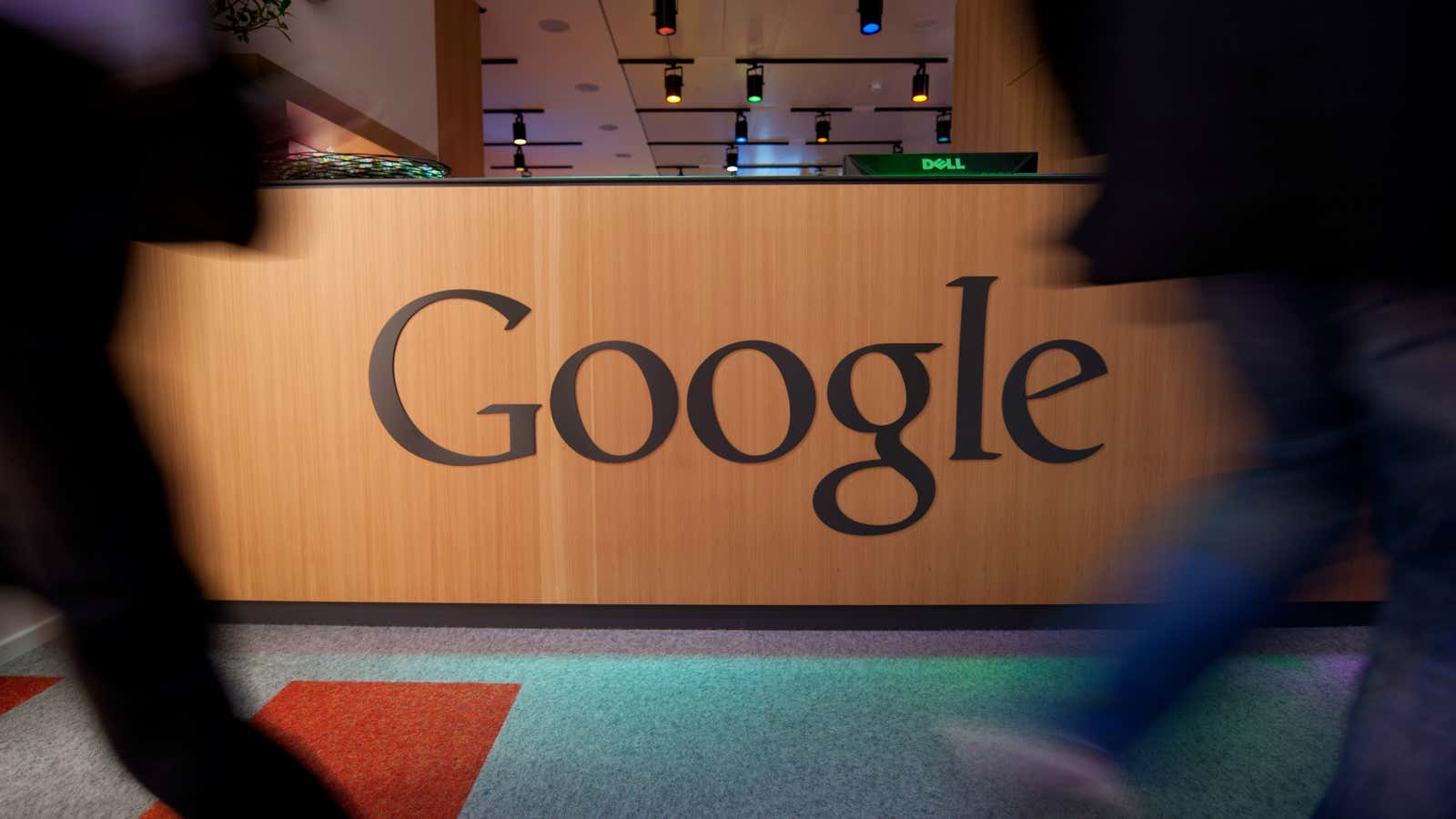Today, German parliament passed a long-discussed performance rights law that requires search engines and automatic news feeds to acquire licenses in order to publish excerpts, that show up with headlines, of articles on their sites, but the companies won’t have to pay for publishing very small text passages or single words in their search results.
Confused?
So are most people. A Berliner Zeitung headline today summed up: “Wait,…what?”
Last week, members of parliament asked five German publishers (German) whether they’re in need of government funding. No, said the five publishers in unison. But we do need you to make a law to get money from search engines like Google, or rather just Google, which has a 96% market share in Germany (German). Publishers have accused Google of making money off of their content, which they are especially sensitive to since they haven’t yet figured out how to be profitable online.
Naturally, Google was at the forefront of a group of companies, journalists and bloggers protesting this law and presenting itself as a protector of the freedom of the press. A couple of German journalists pointed out that Google actually pushes a lot of traffic to the news sites. Yet German publishers feel strongly that their intellectual property “belongs to them.” Germany is Europe’s largest print market, but it’s facing the same revenue challenges as other markets.
The debate over the law has been going for years now and publishers originally wanted to require Google to pay licensing fees for any excerpts of works it publishes in search results. But politicians weakened the law they passed today: Search engines are still allowed to publish “snippets” and very short excerpts without paying for them. What makes this law confusing: it doesn’t actually state how short “very short” is. In future legal cases, judges will have to decide where and how to apply the law.
The performance rights law was intended to limit Google but in its new version, Google shouldn’t have to change much from what its already doing (German), writes the Frankfurter Rundschau, representing the general media consensus on the issue. Meanwhile, the association of German newspaper publishers opposes this view, arguing the excerpts Google currently shows in its search results would be unlawful, as German journalist Stefan Niggemeier reports (German).
Google has had similar legal fights with publishers in Belgium and France. Belgian papers sued Google, and the company had to remove all of the newspapers’ content from all of its sites. Shortly after, the papers gave up on their claim and allowed Google to include their sites on its index again.




